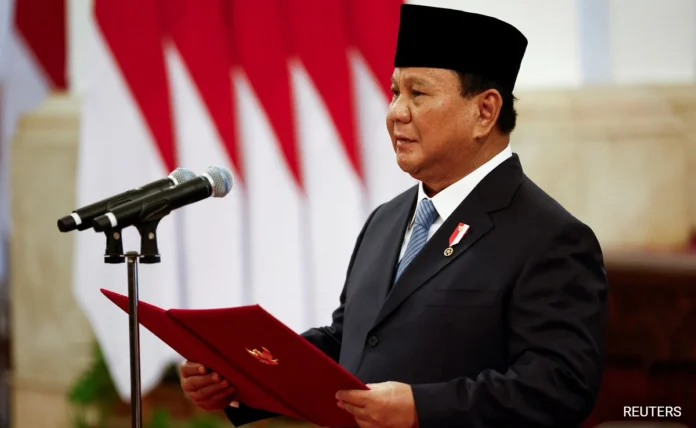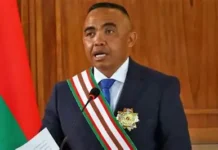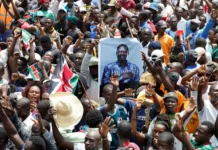Indonesia’s President Prabowo Subianto has granted clemency to two prominent political opponents just weeks after both were convicted and sentenced to prison, in a move officials say is aimed at fostering national unity ahead of the country’s Independence Day celebrations.
Law Minister Supratman Andi Agtas announced the decision during a press conference late Thursday, revealing that President Prabowo had extended amnesty to Hasto Kristiyanto, the Secretary-General of the Indonesian Democratic Party of Struggle (PDIP), and issued an abolition for Thomas Trikasih Lembong, a former trade minister under the previous administration.
Hasto, who was sentenced last week to three and a half years in prison for bribing an election official, has had his sentence revoked through presidential amnesty. However, Supratman clarified that Hasto’s criminal conviction remains intact, meaning his record will still reflect the offense despite his release.
Meanwhile, Lembong, who served as trade minister under former President Joko Widodo and acted as campaign manager for Prabowo’s main rival in last year’s presidential election, was also sentenced to 3.5 years in prison for irregularities in granting sugar import permits. In Lembong’s case, the president granted an abolition, effectively clearing both his sentence and conviction.
“These decisions are part of a broader gesture by the government to reconcile and unite all political elements as the country approaches its 80th Independence Day on August 17,” Supratman said. “We need to build this nation together… and both individuals have contributed to the republic.”
The amnesty for Hasto is among over 1,100 pardons granted as part of the annual clemency measures traditionally issued in the lead-up to Independence Day. While such pardons are common, the inclusion of high-profile political figures has sparked both political and public scrutiny.
Legal scholars and rights groups expressed mixed reactions. Bivitri Susanti, a constitutional law expert from the Jentera School of Law, noted that the presidential authority to issue amnesty and abolition is legally sound but must be approved by parliament. She questioned the motivations behind the timing of the clemencies.
“The amnesty for Hasto seems highly political,” Susanti said. “It could be aimed at securing political support from PDIP, the largest opposition party in parliament. As for Lembong, the government might be responding to strong public backlash over his conviction.”
Muhammad Isnur, from the Indonesian Legal Aid Foundation, warned the move could weaken public trust in the judiciary. “This sets a concerning precedent,” he said. “It shows that the government could use clemency powers as a political bargaining tool, undermining efforts to combat corruption.”
Lawyers representing Hasto and Lembong did not immediately respond to requests for comment.
President Prabowo, who assumed office earlier this year, has made reconciliation and political inclusivity a central theme of his administration. However, Thursday’s clemencies are likely to fuel ongoing debates about the balance between political pragmatism and judicial independence in a country long troubled by corruption and political maneuvering.
Written By Rodney Mbua



















